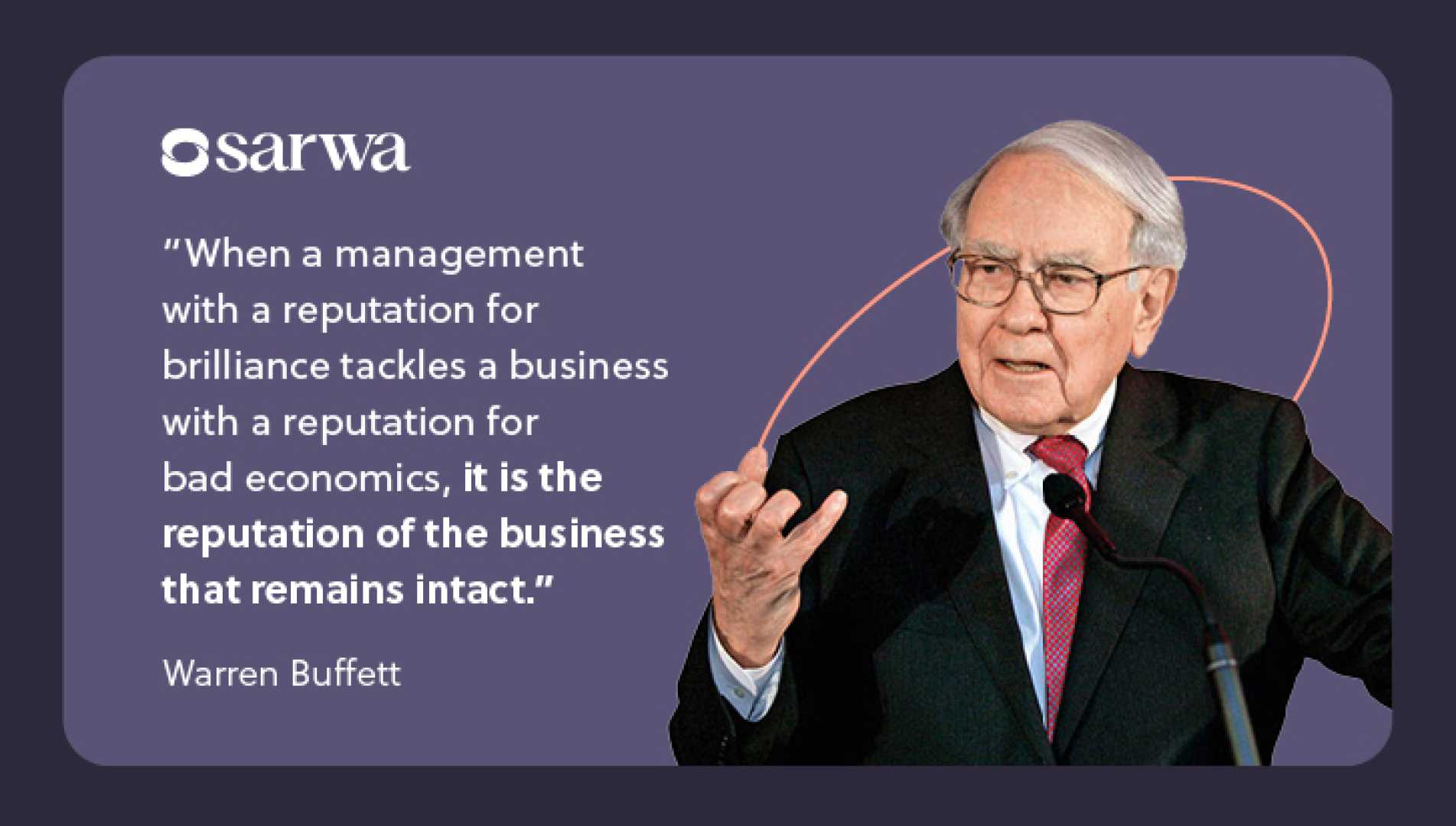Business
Warren Buffett’s Investment Strategies Reveal Insights on Economy as CEO Transition Approaches

OMAHA, Neb. — Warren Buffett, the chief executive officer of Berkshire Hathaway, may retire at the end of this year, but his investment strategies still provide key insights into his views on the economy. Throughout 2025, Berkshire has invested heavily in brands that cater to American consumers.
American shoppers have remained resilient since the pandemic, which surprised some economists. Brian Moynihan, CEO of Bank of America, noted that even as consumers express concerns about their finances, they continue to spend. In contrast to the tech focus seen in places like Wall Street and Silicon Valley, Buffett and his prospective successor, Greg Abel, are searching elsewhere for investment opportunities.
Recent filings show that Berkshire has increased its stake in Lennar, one of the nation’s largest homebuilders, by 265%, now holding about 7 million shares worth over $886 million despite a recent 28% drop in the company’s share price. This underscores Buffett’s focus on consumer-oriented brands as America’s housing market seeks to recover from past disruptions.
President Trump has been vocal about the need for lower interest rates to stimulate the housing market, claiming that Federal Reserve Chair Jerome Powell’s policies are harming homebuyers. The Federal Open Market Committee has signaled interest rate reductions, which could lead to more affordable mortgages, addressing a critical housing supply issue affecting over 4.7 million potential homes.
Berkshire’s focus on consumer sectors also extends to the oil and gas industry; the company increased its stake in Chevron by 3.45 million shares recently. Gasoline prices have stabilized, contributing significantly to consumer spending growth in the past month, according to Bank of America.
Moreover, Berkshire has boosted its investment in Constellation Brands, increasing its stake from 5.6 million shares to 12 million, now valued at $2.2 billion. This move comes during a period when Constellation has focused on expanding its low- and no-alcohol offerings.
As gold prices surge due to inflation and market volatility, Buffett’s historical skepticism about gold continues to be notable. In a shareholder letter from 2011, he criticized gold as a nonproductive asset, instead favoring investments that generate cash flow over time. However, in 2020, Berkshire held a stake in Barrick Gold, a large mining company, signaling a shift during the pandemic’s peak. By year-end, Berkshire had exited this position.
Buffett remains firm in his belief in value-oriented investments, as market experts like Ray Dalio and Mike Wilson suggest diversifying portfolios with allocations to gold as a hedge against economic instability. Nevertheless, Buffett’s voice still underscores the importance of focusing on long-term, productive assets.












